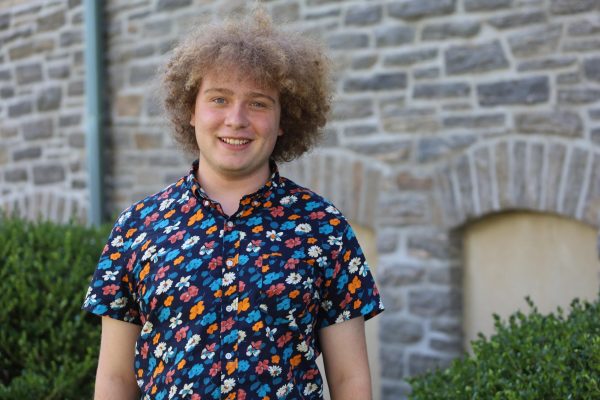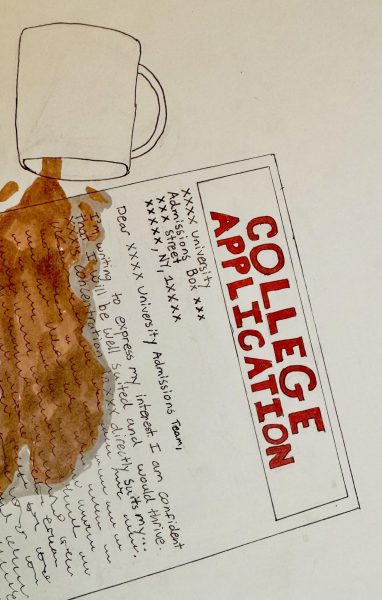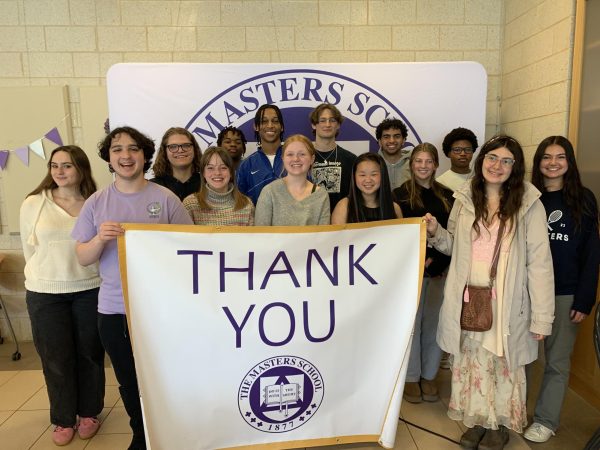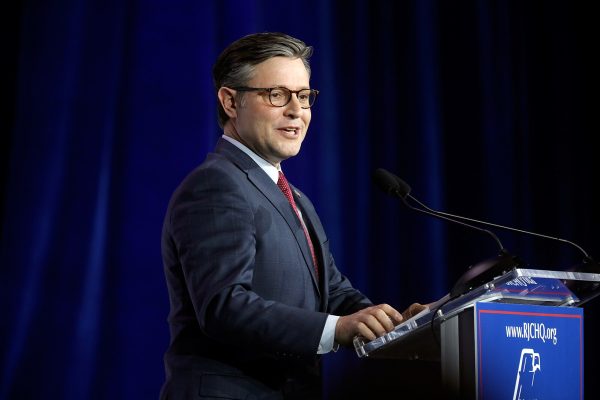Masters Students Should Be Able To Learn More Civics
CIVICS LITERACY IN AMERICA has been recorded recently as being quite low. It has been found that significant percentages of Americans cannot answer basic questions about the functioning of U.S. government and its various structures. In this piece, the author argues that Masters needs more exposure to civic education through more possible classes and the like.
May 1, 2023
According to multiple surveys, the American public broadly “fail” civic literacy, or the understanding of how laws and government work in the United States at a fundamental level. As a school and community, we have the ability and responsibility to help address the widespread civic illiteracy. We already touch on some crucial aspects of civics, mainly in history classes, though at the moment there aren’t any courses fully and explicitly dedicated to helping people get a full understanding of governmental practices. Many people are aware of America’s abysmal voter turnout numbers – often only half of adults or less will vote in elections – and eligible voters 18-24 years old are often the age range among all voters with the lowest turnout rate.
Thankfully, as mentioned before, there are opportunities to learn about civics mandated in existing history curriculums. All junior-year courses in American history, from US History to AP US History (APUSH) to American Studies, have aspects of their syllabi specifically teaching and exploring the formation and structure of the U.S. government. The prevalent issue still remains – many young people find themselves really disengaged from civics. Why is it that American youth as a whole can still find ourselves somewhat disengaged from civics as a whole? How does this relate to our understanding of the American legal system?
Jodie Goldberg, a Middle and Upper School Health teacher, has many meaningful experiences from a Law class she took in high school. In her Law class, Goldberg’s teacher assigned them a mock legal case, and every student took a role in the trial, with Goldberg choosing to be one of the lawyers. “It was really cool. Actually, it’s one of the moments from high school that I can vividly remember…I remember objecting, I remember the actual moments of exactly where I was,” Goldberg said.
The project-based learning in that class offered benefits to learning in a way that could also prove useful for Masters to note. Goldberg recalls many details about her Law final project years later, in a way not always found in assessment-focused curriculums focused on more rote memorization. In addition to direct knowledge about topics such as the functioning of the American government, this hits to yet another beneficial potential of classes covering Civics and/or Law – more fundamental skill-building
Furthermore, Goldberg believes that a Law class or a general Civics course offering would be very beneficial for Masters. “I think one of the most incredible things about Masters students is that they care a lot about what’s going on in the world.” Goldberg said, “And I think the more information we can give our students who have voices and can use them and be a power for good, the better. The best way we can do that is to fill them up with even more knowledge about how our country work.”
And so I think [a Civics class] would just supplement all the work that Masters students are already doing.”
Goldberg says all of these things not just as an educator who happened to take a class focused on American law in high school, but also in her capacity as a Health teacher. “I definitely work towards adding to our curriculum the realities of the health care system in our country, and especially right now, with all the laws and bills that are being proposed and passed,” Goldberg said, “understanding how that happens, understanding what our rights are, understanding how to go about getting access to services, knowing where you can, where you can’t. I think all of that relates back to service. I think we have to know. I think it would be awesome and a great way to supplement the material that we’re talking about.”





























